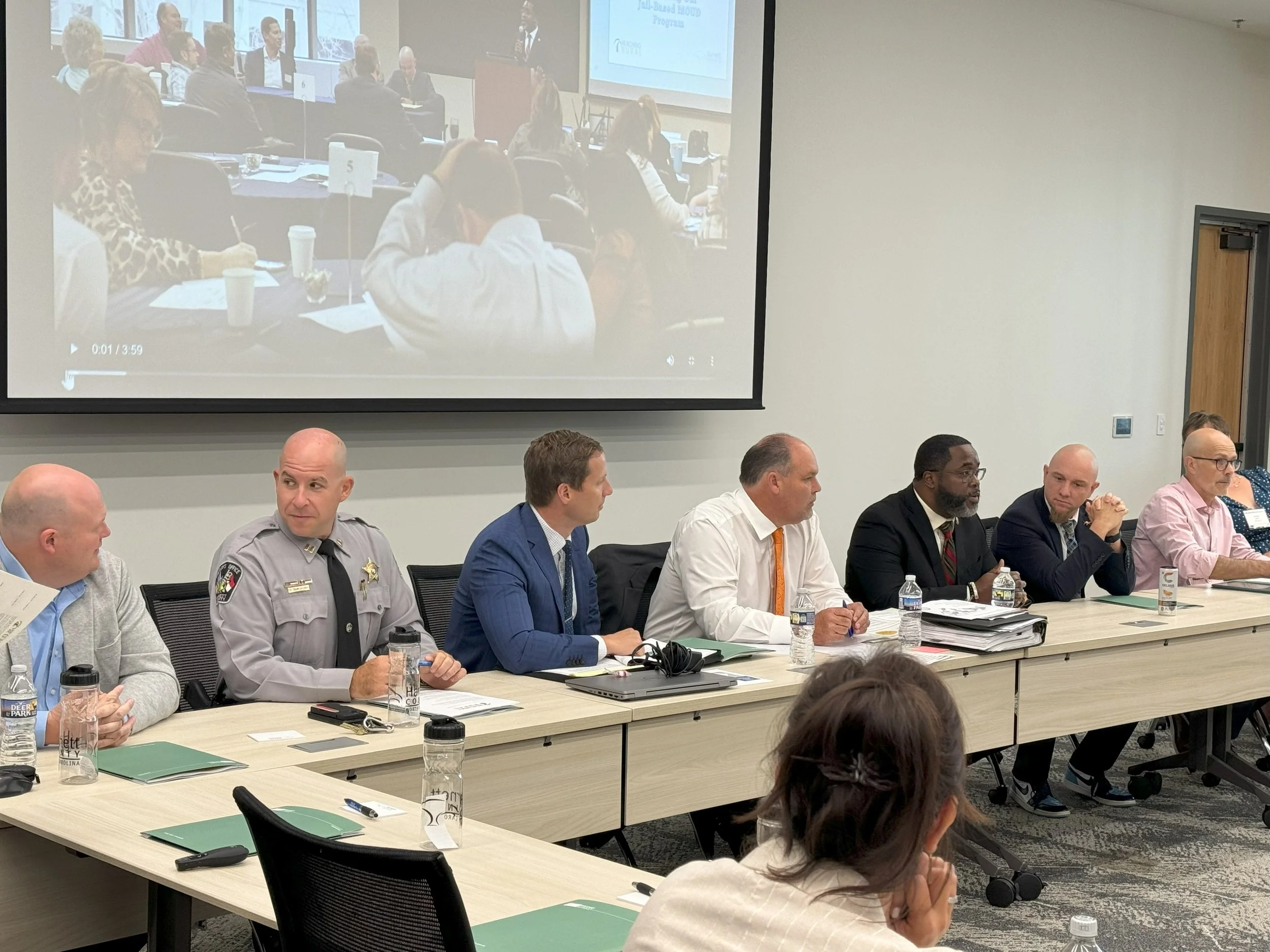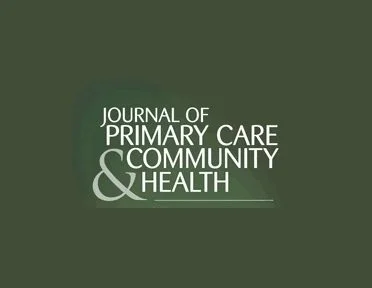Resources for Rural Communities
Use the filters below to search by resource topic, type, and audience.
Effects of Using Different Rural Measurements on Estimates of Hospitalizations for Depression and Substance Use
Some evidence suggests that rural populations have a higher prevalence of depression and substance use disorder (SUD) than their urban counterparts. However, estimates for mental health conditions and SUDs in rural locations vary considerably depending on the measurement of rurality researchers use. The current study aims to empirically examine how the choice of rural measurements affects estimates of hospitalizations for depression and SUD in rural populations. Using several common methods for determining rurality, we examined how characteristics of “rural” patients hospitalized for depression or SUDs differ based on the definition of rurality used.
A New Treatment Study is Showing Promise for Rural Mainers with Opioid Use Disorder
With opioid addiction continuing to affect thousands of residents in Maine each year, Seaport Community Health Center (SCHC) in Belfast, a rural area of Maine, is initiating a trial for a new treatment that may significantly enhance access and consistency for individuals struggling with opioid use disorder. SCHC is among several sites involved in a nationwide study assessing the efficacy of Brixadi, an injectable medication designed to treat opioid addiction. Unlike traditional medications such as Suboxone, which require daily administration under the tongue, Brixadi is administered monthly.
The Opinions Podcast: This Jail in Rural Maine Is a Model for Treating Opioid Addiction
Podcast episode on Somerset County Jail's innovative addiction treatment program and its impact on inmates and the rural community.
Medications for Opioid Use Disorder Among Transition Age Youth Compared to Adults 26 or Older in Rural Settings
Study compares MOUD access and retention for rural youth (18-25) versus adults 26+, finding lower retention and unique barriers among youth.
Examining Use of Telehealth in Jails: Linking Women to Community OUD Services
Mixed-methods study in Kentucky highlights innovative telehealth approaches for connecting incarcerated women to MOUD at community re-entry.
A Novel Rural Hospital/Clinic-System Practice-Based Research Network: The Rural Addiction Implementation Network (RAIN) Initiative and Its Goals, Implementation, And Early Results
RAIN established a rural hospital/clinic research network to implement evidence-based addiction prevention, treatment, and recovery services, using facilitators and community learning calls to overcome barriers.
Maine Jail's Groundbreaking Opioid Treatment Program Shows Promise
Somerset County Jail's extended-release buprenorphine program results in higher treatment retention and no overdose deaths post-release, compared to daily medication models.
Linkage Facilitation for Opioid Use Disorder in Criminal Legal System Contexts: A Primer for Researchers, Clinicians, And Legal Practitioners
Explores linkage facilitation for OUD at every touchpoint in the criminal legal system, using the Sequential Intercept Model to describe redirection to recovery-oriented care.
Rural Roads - The RCORPodcast Ep. #74 Innovation Tank Follow-Up - Reducing Jail-Based Recidivism in Utah
Utah's Intermountain Health team discusses jail-based programs that reduce recidivism and opioid deaths, and share strategies for community engagement and program replication.
Introduction to the Special Series: Using Evidence to Enhance Health Services for Individuals Using Drugs in Rural Communities
This series highlights empirical research and solutions to improve health outcomes for rural individuals using drugs, including technology to address transportation and workforce shortages.
Building a Behavioral Health Continuum of Care: The Role of Rural Leaders and Behavioral Health Directors
Webinar highlights rural leadership and behavioral health directors roles in building sustainable, accessible behavioral health systems through community dialogue and policy.
Life-Changing Supports: In Rural North Carolina, a Program for Treatment of Substance Use Disorder Through Pregnancy and Beyond Offers Care and Counters Stigma
Project CARA in Asheville, NC, provides integrated medical, substance use, and behavioral health care for pregnant and parenting people with SUD, aiming to reduce stigma and improve outcomes.
When Medication Treatment for Opioid Use Disorder Gets Disrupted by Extra-Clinical Variables, How Should Clinicians Respond?
Commentary on how clinicians can mitigate harm from MOUD disruption due to arrest or incarceration, recommending strategies for continuity of care.
RTI Just Science Ep. #294: Just Outreach Teams for Substance Use in Rural Nevada
To support justice-involved individuals with substance use disorders in rural Nevada, the Office of the Attorney General has developed two outreach programs-Mobile Outreach Safety Teams (MOST) and Forensic Assessment Service Triage Teams (FASTT)-to intervene at various stages of the criminal justice process. Dr. Kerns, Dr. Snider, and DJ discuss how these teams operate, their impact at state and local levels, and strategies for overcoming implementation challenges.
Facilitators and Barriers to Adopting or Expanding Medications for Opioid Use Disorder Provision in Rural Colorado Jails: A Qualitative Analysis
Qualitative study of staff in rural Colorado jails identifies facilitators and barriers to MOUD adoption and expansion, including resource constraints and attitudes.
Contextualizing Medications for Opioid Use Disorder and Peer Support Service Provision in the Probation System with Implementation Science
Study uses the EPIS framework to examine implementation of MOUD and peer support in probation settings, focusing on stakeholder perspectives and rural contexts.
Insights from the Reaching Rural Initiative - Navigating Leadership, Innovation and Community Impact in Addressing Substance Use Disorder in Rural Communities
Webinar shares lessons from county officials in the Reaching Rural Initiative on leadership and innovation to improve rural substance use outcomes.
Rural-Urban Differences in Out-of-Network Treatment Initiation and Engagement Rates for Substance Use Disorders
Study finds rural SUD patients with commercial insurance face greater barriers to in-network care, leading to more out-of-network treatment and lower engagement rates.
A Refurbished Bus Brings Opioid Treatment to Deer Park, Testing a Model That Could Be Used Across the Rural U.S.
Mobile opioid treatment clinics bring medication-assisted treatment closer to rural residents, reducing travel burdens and improving access.
Access to MAT: Participants' Experiences with Transportation, Non-Emergency Transportation, and Telehealth
Study in West Virginia examines how transportation, Medicaid-funded NEMT, and telehealth affect access to MAT for OUD, highlighting rural barriers and solutions.
Incorporating Peer Support into Substance Use Disorder Treatment Services
SAMHSA Treatment Improvement Protocol (TIP) offers guidance for integrating peer workers into SUD treatment, with specific considerations for rural programs and linking individuals to peer support.
Leveraging Telehealth for Justice-involved Populations With Substance Use Disorders: Lessons Learned and Considerations for Governors
This brief reviews activities undertaken by states to expand the use of telehealth for justice-involved individuals with SUDs during the COVID-19 pandemic, share lessons learned, and highlight considerations for governors who wish to leverage telehealth services to increase access to SUD treatment for those involved in the justice system.
Successful Strategies for Addressing the Opioid Epidemic in Rural Communities: Jail-Based Programming
To combat the rising numbers of individuals with SUD, jails across the country have begun implementing jail-based programming to help incarcerated individuals as they seek recovery, reduce recidivism, and reduce the chances of overdose upon release. This brief is one in a series highlighting projects that are part of the Rural Responses to the Opioid Epidemic (RROE) project.
Mobile Treatment for Opioid Use Disorder: Examples From the Field
The goal of this series is to inform jurisdictions considering whether a mobile treatment program would work in their communities and to determine what type of model would fit best. The first program in this article is the Eastern Shore Mobile Care Collaborative (ESMCC) at Caroline County Health Department in Maryland. The second is the Mobile Health Services program implemented by the Colorado Department of Human Services, Office of Behavioral Health (OBH).
Opioids in Appalachia: The Role of Counties in Reversing a Regional Epidemic
Communities nationwide are grappling with a growing opioid crisis, particularly in the Appalachian region, where overdose death rates were 72% higher in 2017 than in non-Appalachian areas. Local leaders have struggled to address rising addiction and overdoses, prompting this report to analyze the epidemic's impact and offer targeted recommendations in five areas: leadership, prevention, recovery, rehabilitation for justice-involved individuals, and economic development, each supported by case studies from Appalachian counties.
Promising Strategies in Providing Opioid Use Disorder Treatment to Rural, Frontier, and other Underserved Communities
Information on barriers to treatment for Opioid Use Disorder in rural areas and what some states are doing to overcome those barriers.

























